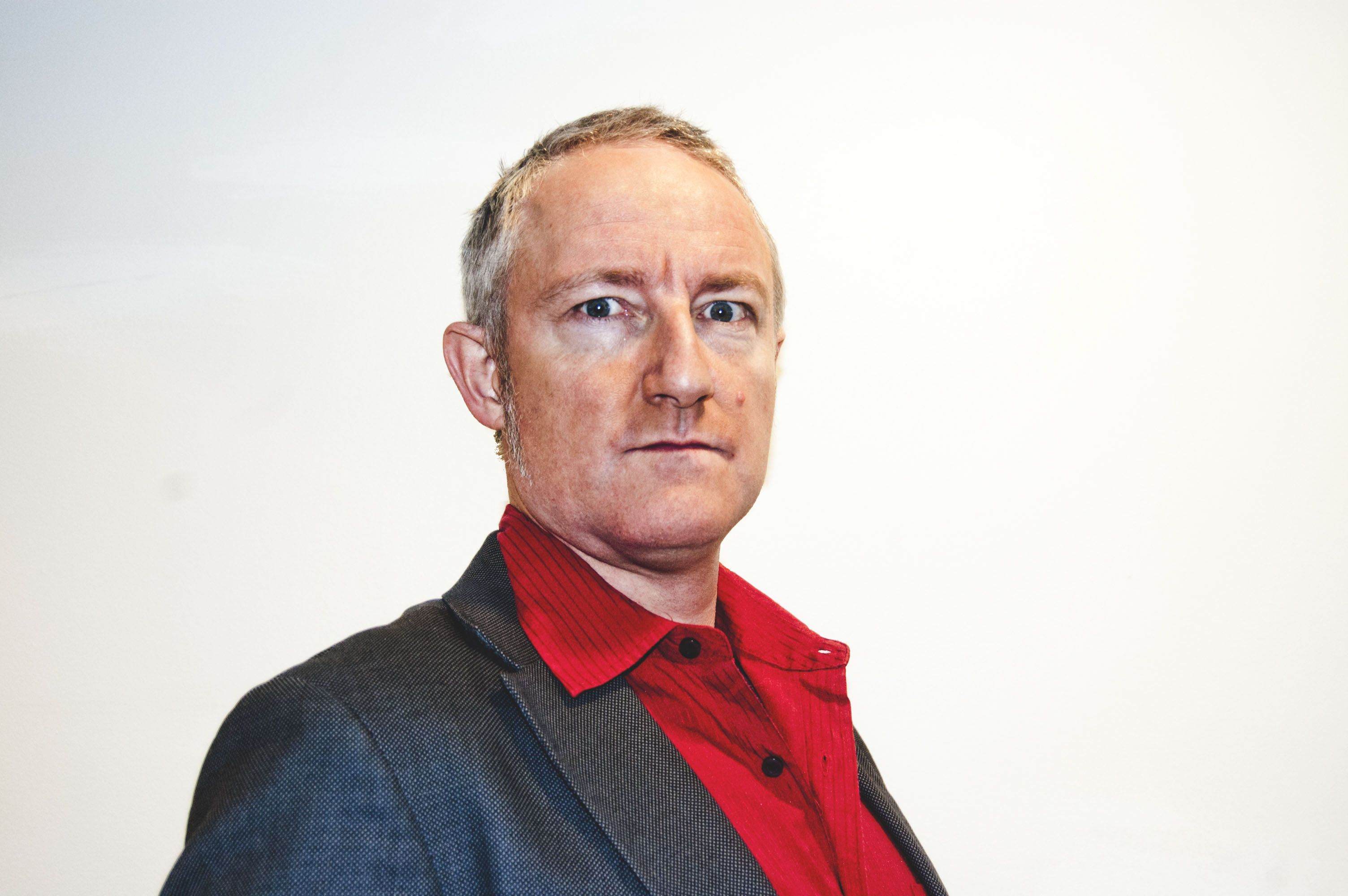One day when I was a young boy, I went to school only to discover that the free milk had been taken away. Once home, I asked my mother why this was. Her response? “Thatcher, the milk snatcher”.
What was a Thatcher, I thought? My young science-fiction and horror movie-fuelled mind imagined a one-eyed, 12-armed monster that would steal into the cowsheds at night and take the milk, leaving us primary-school kids without our calcium.
This was the early 1970s, and Margaret Thatcher was the education secretary. Here began her public notoriety. She earned the nickname ‘Milk-Snatcher’ when she reduced spending by cutting the free milk at schools. This is just one example of how the policies that she instigated were felt directly by the people – perhaps more so than any other prime minister.
Recently, the extremely mediocre Conservative PM, David Cameron, made a rare accurate statement. About Thatcher he said that “in a way, we are all Thatcherites now”. He was right. Love her or hate her, she is imprinted on many generations. She was England, in all the glory of its individual greatness and in all of its petty minded, bureaucratic failings.
Growing up in Thatcher’s Britain made one acutely aware of the divisions in both the country and among its people. On the TV news, one would see miners and steelworkers beaten and arrested. In reaction to this, one part of the population was screaming foul and the other howling that they were only getting what they deserved.
In 1980s Britain, we saw bombings, assassinations, death by hunger strike, speeches of blood and thunder and whole demographics laid waste by the decisions of a few in London.
Here and now in Denmark, where the political parties are almost impossible to tell apart, it is hard to explain to a Dane just how much the British hated each other back in the 1980s. I can talk about the communities her policies destroyed, the deceit of the Falklands War and the absurdity and soon scrapped Poll Tax. I could do this until the cows come home (the alien milk-less cows that is) but they see and remember only the raid on the Iranian Embassy, the respect she clearly had from other world leaders, and that Blair’s Labour party also, and more recently, jumped into an equally if not more deceitful war. Their final trump card of course is that she was voted in for three terms to be the longest serving British prime minister in 150 years, and her last term came via a landslide victory.
So, no matter how much I play the song ‘Ding Dong! The Witch is Dead’, my discussions about Thatcher with my Danish friends do not go smoothly. I argue that she sold the country to the corporations, poured more fuel on the fire of Northern Ireland and set back the feminist cause by behaving worse than men in order to compete in their game.
But still, with the Danes I have talked with, the Iron Lady wins each time. It’s enough to make me wonder if the Danes are all secretly right-wingers and this talk of social democracy is merely a smokescreen for the oncoming fascist Zombie apocalypse (yes, my horror science fiction-filled mind remains the same). They point out that her state funeral has been compared to Churchill’s. Incredulous, I point out that the only thing she had in common with Churchill was that they were both alcoholics. Churchill’s funeral was an entirely different affair. The entire crowd, and city, was silent. He united a country and made it one. This cannot be said of Thatcher.
I tout my emotional, left-wing bias, but must still listen to the positivism of the Dane who was spared the results of her divisive, ruthless and bullying ways.
Yes, she cleared up the mess of the 1970s, broke the pattern of postwar politics and showed fortitude where others would have folded, but at what cost? Too much for me, I am afraid. I can acknowledge her power as an individual and a leader, but I will certainly not mourn her passing.















